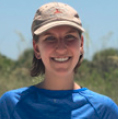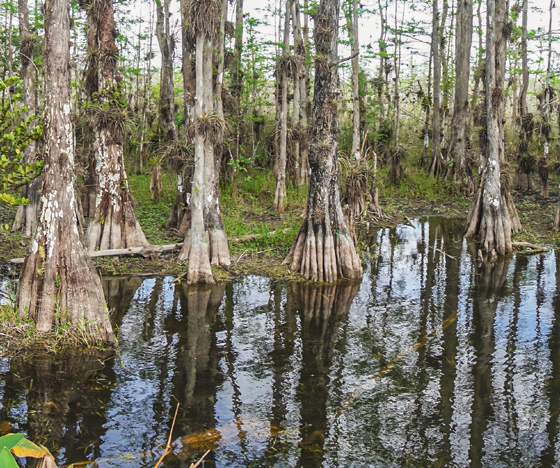FELLOWSHIPS
The GRP provides fellowships to support the development of future generations of scientists, engineers, and health professionals prepared to work at the intersections of offshore energy system safety, environmental protection, and health and community resilience. The GRP currently runs two fellowship programs directly—Early-Career Research Fellowships and Science Policy Fellowships—and provides support to one other National Academies’ fellowship program: Christine Mirzayan Science & Technology Policy Graduate Fellowship.
In 2020, the GRP started laying the ground work necessary to make significant modifications to the Early-Career Research Fellowship. Launched in 2021, the modified fellowship program opened under a track system, narrowing the focus of the fellowship to support the most relevant research based on each focus area: human health and community resilience, environmental protection and stewardship, and offshore energy safety.
TOTAL
In 2020, the GRP supported 30 new fellows across the 3 programs with awards totaling $2,253,230.
2020 EARLY-CAREER RESEARCH FELLOWS
The Early-Career Research Fellowship program supports emerging scientific leaders as they take risks on research ideas not yet tested, pursue unique collaborations, and build a network of colleagues who share their interest in improving offshore energy system safety and the well-being of coastal communities and ecosystems.
In 2020, 20 individuals received awards totaling $1.52 milion as the sixth class of Early-Career Research Fellows:

Matthew Ajemian
Florida Atlantic University

Christine Angelini
University of Florida

Monica Patrice Barra
University of South Carolina

Marshall Bowles
Louisiana Universities Marine Consortium

Kelly Dunning
Auburn University School of Forestry and Wildlife Sciences

Cassandra Glaspie
Louisiana State University

Vikram Kapoor
The University of Texas at San Antonio

Joshua Lewis
Tulane University

Sarah Lowe
Yale School of Public Health

Vineetha Menon
The University of Alabama in Huntsville

Hamed Moftakhari
The University of Alabama

Aditya Nayak
Florida Atlantic University

Natalie Nelson
North Carolina State University

Mike Polito
Louisiana State University and A&M College

Borja Reguero
University of California, Santa Cruz

Garett Sansom
Texas A&M University

Amina Schartup
Scripps Institution of Oceanography, University of California, San Diego

Stephanie Smallegan
University of South Alabama

Elyse Zavar
University of North Texas

Phoebe Zito
University of New Orleans
2020 SCIENCE POLICY FELLOWS
The Science Policy Fellowship program helps scientists hone their skills by putting them to practice for the benefit of Gulf Coast communities and ecosystems. Fellows gain first-hand experience at the interface of science and policy as they spend 1 year on the staff of federal, state, local, or nongovernmental environmental, natural resource, oil and gas, and public health agencies in the Gulf of Mexico region.
In 2020, 9 individuals received awards totaling $640,730 as the fifth class of Science Policy Fellows:

Hanna Bauer
Host Office: Texas Parks & Wildlife, Coastal Fisheries

Jeanne Bloomberg
Host Office: National Oceanic and Atmospheric Administration (NOAA) Resources and Ecosystems Sustainability, Tourist Opportunities, and Revived Economies (RESTORE) Science Program

Simone Chapman
Host Office: Tampa Bay Regional Planning Council

Rachel Correll
Host Office: Houston Advanced Research Center

Stephen Formel
Host Office: NOAA National Centers for Environmental Information

Ellen Kujawa
Host Office: The Data Center

Carey Schafer
Host Office: U.S. Fish & Wildlife Service

John Schiff
Host Office: Bureau of Ocean Energy Management

Jennifer Summers
Host Office: RESTORE Council
2020 GULF RESEARCH PROGRAM CHRISTINE MIRZAYAN SCIENCE & TECHNOLOGY POLICY GRADUATE FELLOW
The National Academies’ Christine Mirzayan Science & Technology Policy Graduate Fellowship program provides early-career individuals with the opportunity to spend 12 weeks at the National Academies in Washington, DC, learning about science and technology policy and the role that scientists and engineers play in advising the nation.
2020 was the seventh year of participation in the program and one individual joined the GRP for 12 weeks and received an award totaling $92,500:

Nikaela Flournoy
Alabama Water Institute at The University of Alabama



